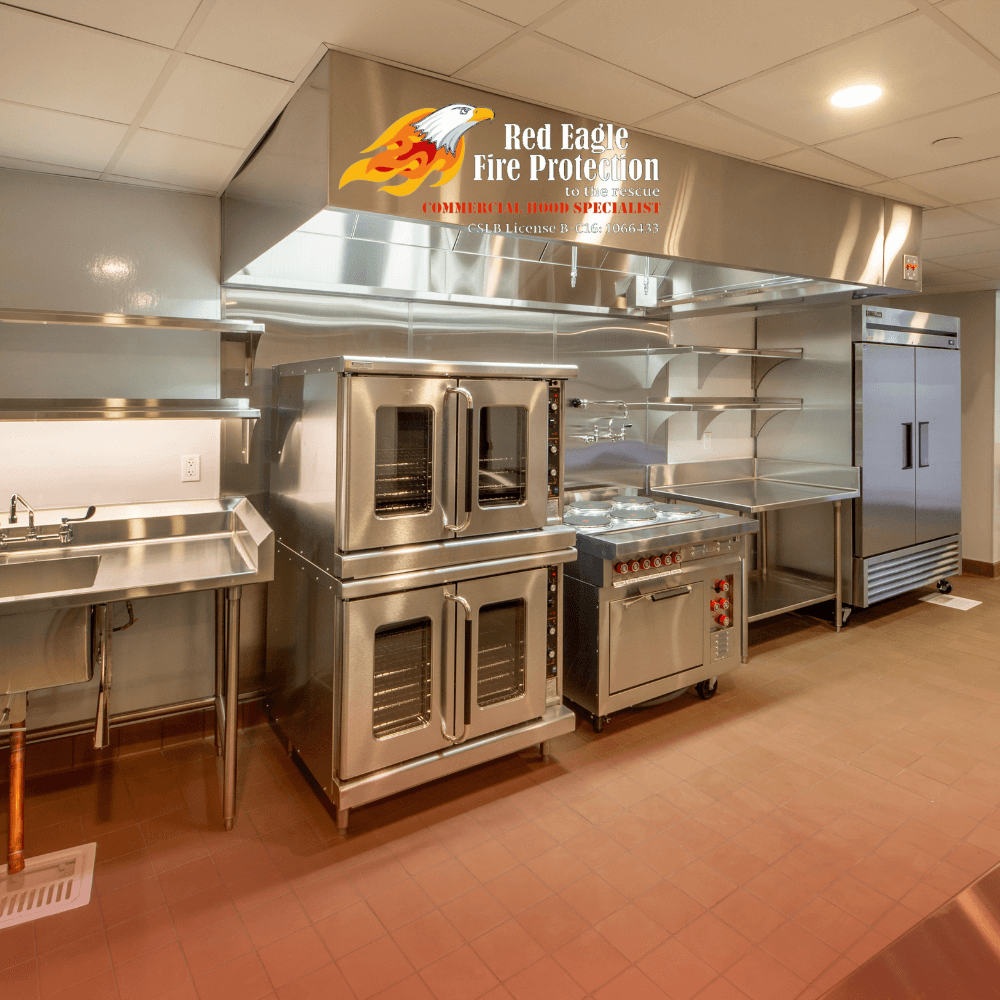Keeping a commercial kitchen safe involves more than just food preparation—it’s also about maintaining the equipment that keeps the environment safe. One of the most crucial aspects is kitchen exhaust hood cleaning. Without routine cleaning, grease buildup in the exhaust hood can pose significant fire risks. Understanding how regular maintenance can save kitchens from these hazards is key to a safer workplace.
Why Grease Buildup Is a Major Fire Risk
As food cooks, grease and oil particles rise with the steam and stick to the surfaces inside the exhaust hood and duct system. Over time, this grease buildup creates a highly flammable layer, turning the kitchen ventilation into a potential fire hazard. A single spark or high heat from cooking could ignite this grease, allowing flames to spread rapidly through the ducts. That’s why consistent kitchen exhaust hood maintenance is critical to keep fire risks in check.
Benefits of Regular Kitchen Exhaust Hood Cleaning
Keeping up with kitchen hood cleaning offers several advantages beyond fire prevention. It enhances air quality, keeps the kitchen compliant with safety regulations, and even improves the efficiency of the exhaust system. Here’s a closer look at the benefits:
- Fire Prevention: By removing grease buildup, you drastically reduce the likelihood of grease fires, protecting both staff and property.
- Improved Air Quality: Regular cleaning helps eliminate smoke and cooking odors, creating a healthier environment for employees and guests.
- Regulatory Compliance: Many fire codes require regular kitchen exhaust cleaning to ensure safety standards are met, keeping your kitchen up to code.
Choosing Between Professional Services and DIY Cleaning
When it comes to maintaining a clean kitchen exhaust hood, you have options. Understanding the pros and cons of professional cleaning versus DIY methods helps you make the best choice for your kitchen:
The Value of Professional Kitchen Exhaust Hood Cleaning Services
Hiring a professional kitchen exhaust hood cleaning company ensures that your exhaust system is thoroughly cleaned. Professionals use specialized tools to reach deep into the ducts and remove all grease deposits. This is particularly beneficial for high-traffic kitchens where grease can accumulate quickly, ensuring a comprehensive clean that DIY methods may not achieve.
DIY Tips for Kitchen Exhaust Hood Maintenance
Some kitchen operators opt for DIY methods, using degreasers and scrubbing accessible parts of the exhaust hood. While DIY cleaning can be effective as part of a regular maintenance routine, it often lacks the thoroughness of professional services. Be sure to inspect the entire exhaust system to ensure that no hidden grease remains, which could become a hazard.
How Often Should You Clean Your Kitchen Exhaust Hood?
The frequency of kitchen exhaust hood cleaning depends on the amount of cooking your kitchen handles. For busy restaurants, a professional cleaning every three months is often recommended, while smaller kitchens may get by with semi-annual cleanings. Regular inspections help ensure that grease doesn’t build up to unsafe levels between scheduled cleanings.
Invest in Safety with Regular Maintenance
Neglecting kitchen exhaust hood cleaning can lead to serious fire hazards, turning your kitchen’s ventilation into a danger zone. Routine cleaning not only keeps your kitchen safer but also improves the overall environment for staff and patrons. Whether you opt for professional services or handle it in-house, consistent maintenance of your kitchen exhaust hood is essential for preventing fires and ensuring a secure and efficient operation.
READ MORE:

